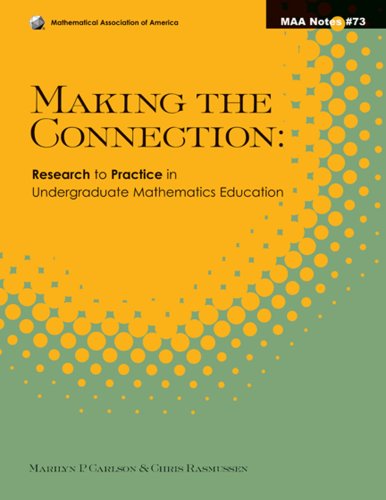

Most ebook files are in PDF format, so you can easily read them using various software such as Foxit Reader or directly on the Google Chrome browser.
Some ebook files are released by publishers in other formats such as .awz, .mobi, .epub, .fb2, etc. You may need to install specific software to read these formats on mobile/PC, such as Calibre.
Please read the tutorial at this link: https://ebookbell.com/faq
We offer FREE conversion to the popular formats you request; however, this may take some time. Therefore, right after payment, please email us, and we will try to provide the service as quickly as possible.
For some exceptional file formats or broken links (if any), please refrain from opening any disputes. Instead, email us first, and we will try to assist within a maximum of 6 hours.
EbookBell Team

5.0
28 reviewsThe chapters in this volume convey insights from mathematics education research that have direct implications for anyone interested in improving teaching and learning in undergraduate mathematics. This synthesis of research on learning and teaching mathematics provides relevant information for any mathematics department or any individual faculty member who is working to improve introductory proof courses, the longitudinal coherence of precalculus through differential equations, students mathematical thinking and problem solving abilities, and students understanding of fundamental ideas such as variable, and rate of change. Other chapters include information about programs that have been successful in supporting students continued study of mathematics. The authors provide many examples and ideas to help the reader infuse the knowledge from mathematics education research into mathematics teaching practice. University mathematicians and community college faculty spend much of their time engaged in work to improve their teaching. Frequently, they are left to their own experiences and informal conversations with colleagues to develop new approaches to support student learning and their continuation in mathematics.
Over the past 30 years, research in undergraduate mathematics education has produced knowledge about the development of mathematical understandings and models for supporting students mathematical learning. Currently, very little of this knowledge is affecting teaching practice. We hope that this volume will open a meaningful dialogue between researchers and practitioners toward the goal of realizing improvements in undergraduate mathematics curriculum and instruction.